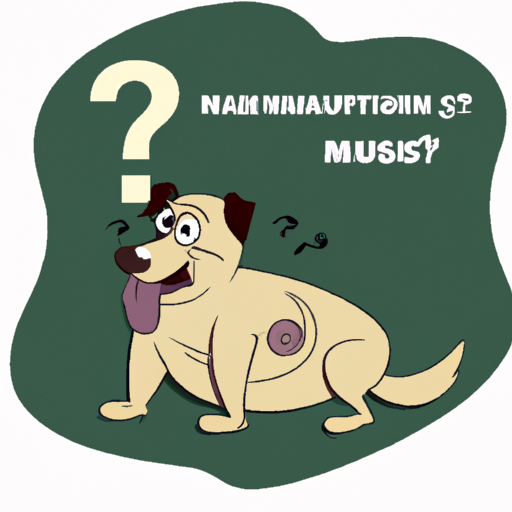Understanding Bloat
You’ve probably heard the term ‘bloat’ before. But do you really know what it means for your furry friend? Bloat, also known as Gastric Dilatation-Volvulus (GDV), is a serious and life-threatening condition that can affect dogs. It involves the stomach filling with gas and possibly twisting. This condition can lead to a multitude of complications, including damage to the cardiovascular system, pressure on the diaphragm leading to difficulty breathing, and even death.
Recognizing the Symptoms
It’s crucial for you, as a caregiver, to recognize the signs of bloat since time is of the essence when it comes to treating this condition. Here are the symptoms you should keep an eye out for:
- Distended, swollen abdomen
- Restlessness or pacing
- Unsuccessful attempts to vomit or defecate
- Excessive drooling
- Rapid, shallow breathing
Remember, these signs could be indicative of other conditions as well, so it’s always best to seek the help of a veterinarian.
The Risk Factors
Certain breeds are more prone to bloat than others. Typically, large breed dogs with deep chests like Great Danes, St. Bernards, and Weimaraners are at a higher risk. However, bloat can occur in any breed. Other risk factors include:
- Overeating
- Rapid eating
- Older age
- Stressful temperament
Preventing Bloat
While there’s no guaranteed method to prevent bloat, there are steps you can take to reduce the risk:
- Feed your dog smaller meals throughout the day instead of one large meal.
- Avoid vigorous exercise before and after meals.
- Provide a stress-free eating environment.
- Consider a preventative surgery if your dog is at high risk.
Getting Treatment
If you suspect your dog is suffering from bloat, seek veterinary care immediately. Treatment usually involves stabilizing the dog, deflating the stomach, and potentially surgery to correct any twisting and prevent future occurrences.
| Steps for Treatment | Description |
|---|---|
| Stabilization | The vet administers fluids and medications to correct shock. |
| Decompression | The vet will deflate the stomach either by passing a stomach tube or using a large-bore needle. |
| Surgery | If necessary, the vet will perform surgery to return the stomach to its normal position and prevent future episodes. |
Frequently Asked Questions
Q: Can small breed dogs get bloat?
A: Yes, while it’s less common, small breed dogs can also get bloat.
Q: How quickly should I seek help if I suspect bloat?
A: Immediately. Bloat can be fatal within hours, so it’s critical to get veterinary care as soon as possible.
Q: Is bloat covered by pet insurance?
A: Most pet insurance plans cover the treatment of bloat, but it’s best to check with your individual provider.
Q: Can a dog survive bloat without treatment?
A: No, bloat is a very serious condition that requires immediate veterinary intervention. Without treatment, it is usually fatal.



